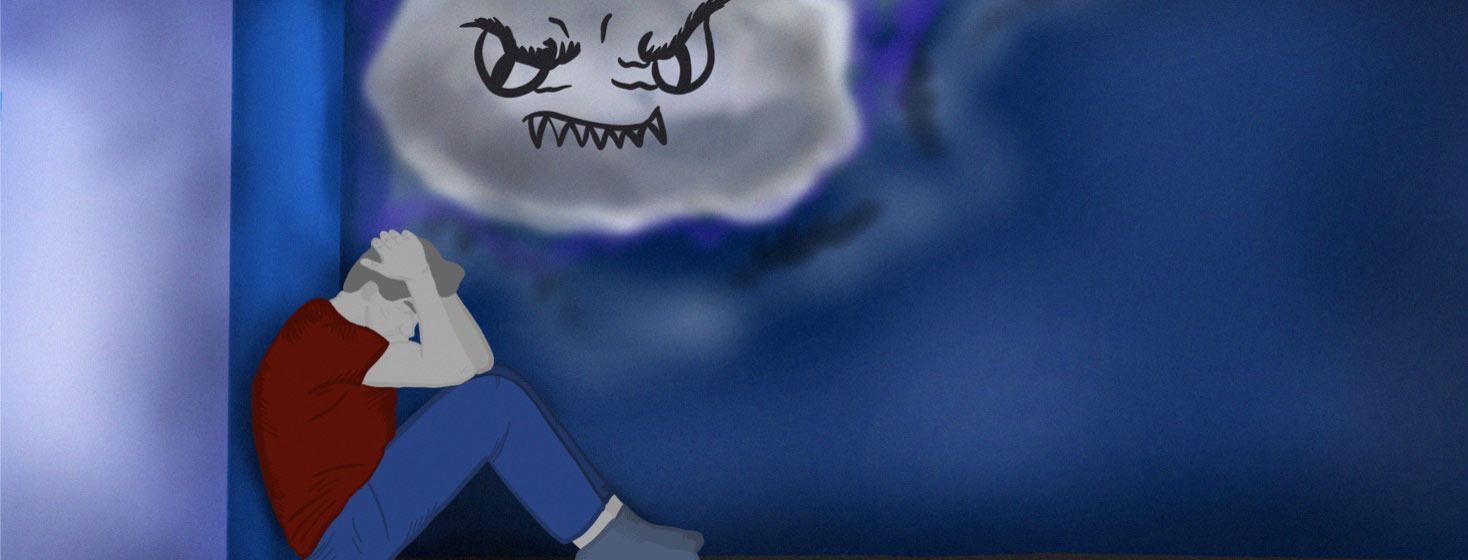Let’s Talk About Cancer: Part 1
Jim was diagnosed with prostate cancer in 2017 at the age of sixty-three. In his series, Let's Talk About Cancer, he shares the challenges of talking about the disease, how it can mess with the mind, and ways it can affect family and friends. Read Part 2 and Part 3.
Blitzed and confused after a diagnosis
You’ve just been diagnosed with cancer. You feel blitzed, confused, and frankly terrified. Who are you going to tell?
There’s certainly no one answer to that question, and there’s no right answer either. You’re scared and bewildered, and of course we know that if you tell someone you have cancer, then their first thought is going to be: "Oh he’s going to die soon."
Cancer is a big bag of unwelcome knowledge that you suddenly find yourself hefting on to your shoulders. You may want to turn to family and friends, or you may not. But one thing is certain: it’s tough to turn cancer into small talk.
I thought it might be helpful to talk about how I handled and mishandled my diagnosis, and where I was hesitant and helped nobody, least of all myself. Cancer doesn’t just mess with your body; it messes with your mind.
The unwelcome guest
My first decision was perhaps the easiest one I had to make. I’m not a very private person. I like to think what you see is what you get with me, plus I’m a writer. Put that little combo together, and it will hardly come as a surprise that I started blogging about my condition from the get-go.
What do writers do when faced with cancer? They write about it. Just over three years ago, I started my Unwelcome Guest blog, and a couple of years later I started contributing to this website. Writers want an audience, and let’s face it: cancer is a subject that provokes, sometimes fearful, interest. I was all in from the start, but is that true?
Still parts of prostate cancer I don't share
While I’ve written more than a hundred blogs about having prostate cancer and probably bored some friends rigid about my condition, there are still elements I don’t discuss. Initially, it looked like I would have a prostatectomy. But for reasons that need not detain us here, I’ve gone down the hormone and radiotherapy route.
All treatment has now ceased, and for a while at least my cancer is in remission. Hormone therapy has many side effects, some of which can be very debilitating. Two of the most common are hot flashes and a loss of libido. Right now, I’m still suffering from both, but frankly in my case they are tolerable.
While I can talk a blue streak about hot flashes, you won’t hear so much about loss of libido, as my wife made it very clear this was not something she wanted to see in print. This was perhaps my first lesson in understanding that what I say about my cancer doesn’t just affect me; it can have much wider repercussions.
In denial
Some say they find it hard to accept their own diagnosis. When a doctor points to a scan and says, "there, see, there’s a tumor," they can’t accept it and are perhaps for a short while in denial. The thought of cancer is so monstrously huge it can be hard to accept.
When I was finally told I had prostate cancer, something I knew was coming, I thought I was going to faint. I quickly lay down, drenched in a muck sweat, as the doctor continued to talk. I was in trouble and unsure how I was going to handle it.
At the age of 63, I’d never engaged with a life-threatening illness before. I had a few mental health tangles in the form of panic attacks, I’d looked over the PTSD precipice and taken a step back, and I’d had a prolapsed disk in my back, but that was about all. Cancer was of a completely different order.

Join the conversation